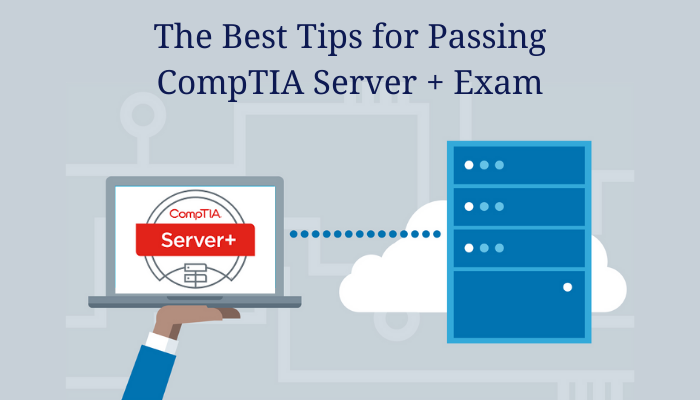The intricacies of software licensing, more so in the context of behemoths like Microsoft, often pose a formidable challenge to businesses. Introduce mergers, acquisitions, and divestitures, making the waters even murkier. However, by diving deep into these intricacies and harnessing expert insights, a company can navigate through, potentially saving vast amounts in capital and headaches.
Navigating the Software Licensing Terrain in Changing Times
In an era where business landscapes are in constant flux, many enterprises find themselves in the throes of mergers, acquisitions, or divestitures. A comprehensive reconsideration of the software licensing paradigm becomes imperative when they do. Aaron Kane of CTI Technology asserts, “Understanding your current license metrics, including your owned assets, deployed installations, and contract tenures, isn’t just best practice – it’s essential for business sustainability.”
Mainly for enterprises leveraging Microsoft solutions, this comprehensive understanding is non-negotiable to ensure unwavering compliance with deployed software.
The Audits – A Lurking Reality
One lesser-discussed aspect of these business transformations is their spotlight on potential software non-compliance. Leading software publishers, including Microsoft, are keenly aware of this vulnerability and are quick to capitalize via audits. Jorge Rojas of Tektonic Managed Services cautions, “In the whirlwind of mergers and acquisitions, it’s easy to lose sight of software compliance. But this is exactly when you’re most susceptible to audits.”
Strategically maneuvering your licenses during such pivotal junctures can significantly shield you from these unwelcome audits.
Licensing Impacts – A Closer Examination
Mergers: Mergers are a potent brew of integration and optimization. But as two entities amalgamate, the question of optimal licensing strategy looms large. Often, both companies come equipped with Microsoft licensing agreements, each with its unique structure. The challenge lies in identifying redundancies and ensuring that only essential licenses remain. Reflecting on this, Aaron Kane mentions, “The real art of a merger lies not just in blending cultures but in integrating technologies and their licenses. It’s a delicate balance.” As the merging entities potentially undergo infrastructural consolidation and staff restructuring, understanding licensing implications becomes even more paramount.
Acquisitions: With acquisitions, the narrative shifts. It’s not just about integration but also understanding. The acquirer must be crystal clear on its licensing position while also decoding that of the acquired. Jorge Rojas offers a perspective: “In acquisitions, knowledge is power. Knowing the licensing landscape of both entities can be the gateway to unprecedented savings.” Recognizing combined licenses might offer opportunities to renegotiate terms with Microsoft, driving better value.
Divestitures: The story of divestitures pivots on both the parent company and the divested unit. As divestiture concludes, the onus is on ensuring the rightful license transfers, aligned with Microsoft’s stringent guidelines. Post-divestiture, both entities must recalibrate their licensing compass. Aaron Kane points out, “Divestitures can seem daunting, but they often pave the way for a leaner, more optimized licensing strategy, provided you know the ropes.”
Harnessing Expertise for Licensing Mastery
Embarking on a business transformation journey, be it a merger, acquisition, or divestiture, without a seasoned Software Asset Management (SAM) expert could be a perilous endeavor. Such experts help decipher the maze of licensing requirements and ensure that the company stays on the right side of compliance.
In the words of Jorge Rojas, “In the world of software licensing, expertise isn’t a luxury; it’s a necessity. And in times of business transformation, the compass ensures you don’t lose your way.”
In summation, while the dynamics of mergers, acquisitions, and divestitures present their challenges, they also carve opportunities for licensing optimization. With expert guidance, strategic foresight, and a proactive approach, businesses can navigate these challenges effectively and uncover substantial value in the process.









